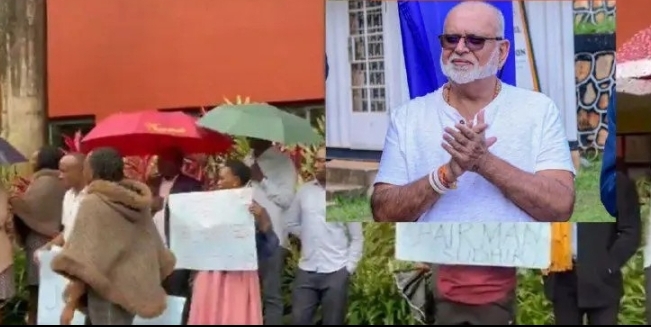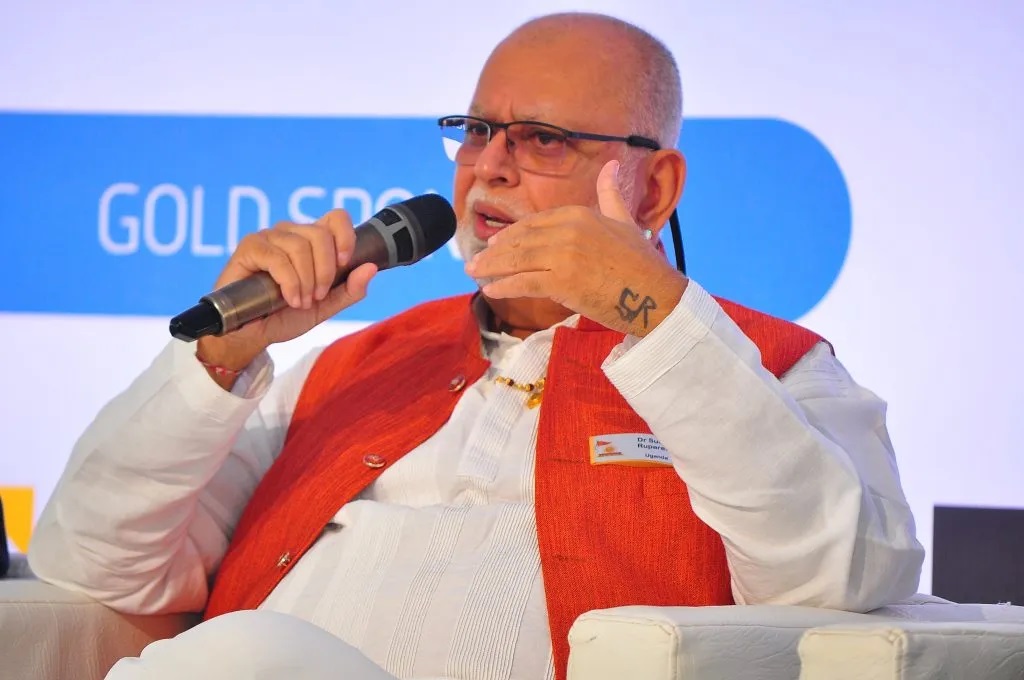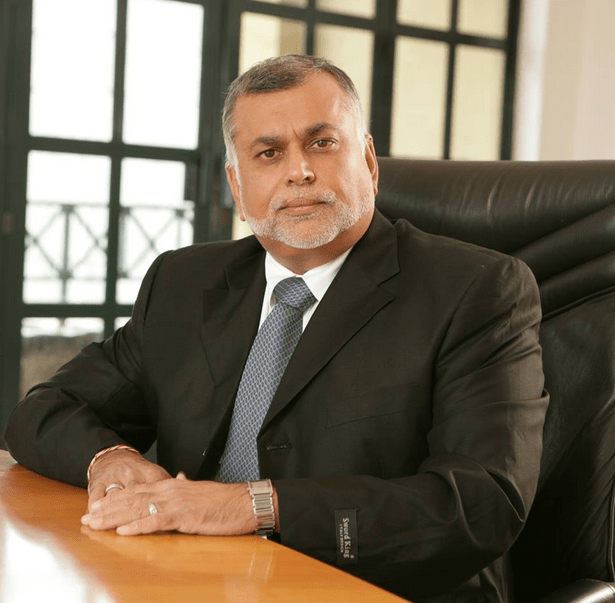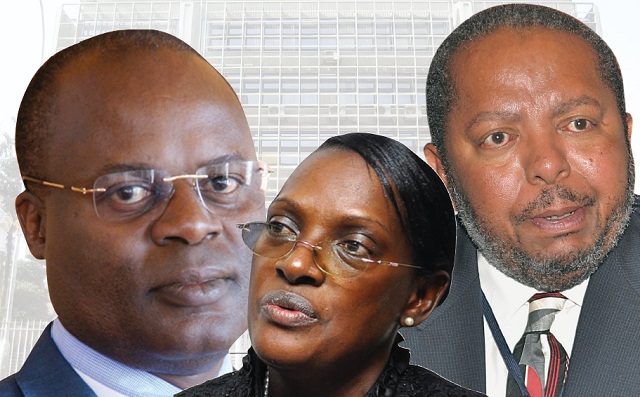Teachers at Kampala Parents School have gone on strike, citing delayed salaries, low wages, and allegations of preferential treatment of Indian staff as key grievances. The protest has sparked widespread concern, especially given the school’s status as one of Uganda’s most prestigious institutions.
In a video that quickly went viral, teachers expressed their frustrations through placards and impassioned speeches, shedding light on what they describe as unfair and degrading conditions. One teacher remarked, “The delays in salary are humiliating, and the favoritism is demoralizing. This is not what we expected from a school of this stature.”
The school, owned by prominent businessman Sudhir Ruparelia, has sought to downplay the situation. School principal Daphne Kato described the strike as a “minor issue” and stated that normal teaching activities had resumed. When asked for further comment, Kato declined, insisting that the matter was being handled internally.
Systemic Issues in Uganda’s Private Education Sector
The protest has reignited debates about the working conditions of teachers in Uganda’s private schools. Parents and educators alike are questioning why institutions charging high fees fail to provide adequate salaries and welfare for their staff.
Blaise Mukama, a teacher at another private school in Kampala, revealed that such challenges are widespread in the sector. “We work long hours, often from 4 a.m. to 10 p.m., with no breaks, no job security, and sometimes months without pay. Meanwhile, school owners collect high fees but fail to prioritize teacher welfare,” Mukama said.
Juma Mwamula, Secretary General of the Uganda Private Teachers’ Union, described the strike as a wake-up call, pointing out that if such conditions exist at a leading institution, they are likely worse in smaller schools. Mwamula called for collective action among teachers to demand better pay, job security, and working conditions.
“The lack of a national minimum wage leaves teachers powerless in negotiations,” Mwamula said, adding that many private schools view teachers as mere cost liabilities. He also criticized the Ministry of Education for failing to address these issues despite multiple appeals.
Challenges for School Owners
Hasadu Kirabira, Chairperson of the National Private Educational Institutions Association of Uganda (NPEIA), acknowledged the challenges faced by private schools in balancing teacher salaries with operational costs. He stressed the need for clear agreements between teachers and employers to avoid misunderstandings.
“Running a school involves numerous expenses, from rent to healthcare and other operational demands,” Kirabira explained. He encouraged dissatisfied teachers to use appropriate channels to address grievances or explore alternative opportunities.
Upcoming Talks on Private Education
The strike comes as private school owners and teachers prepare to meet Education Minister Janet Kataaha Museveni on December 3 to discuss challenges in the sector. The meeting is expected to cover teacher welfare, policy harmonization, and potential solutions to the issues highlighted by the Kampala Parents protest.
The incident has underscored the urgent need for reforms to improve teachers’ welfare and ensure a fairer education system across Uganda.urn
![]()




























